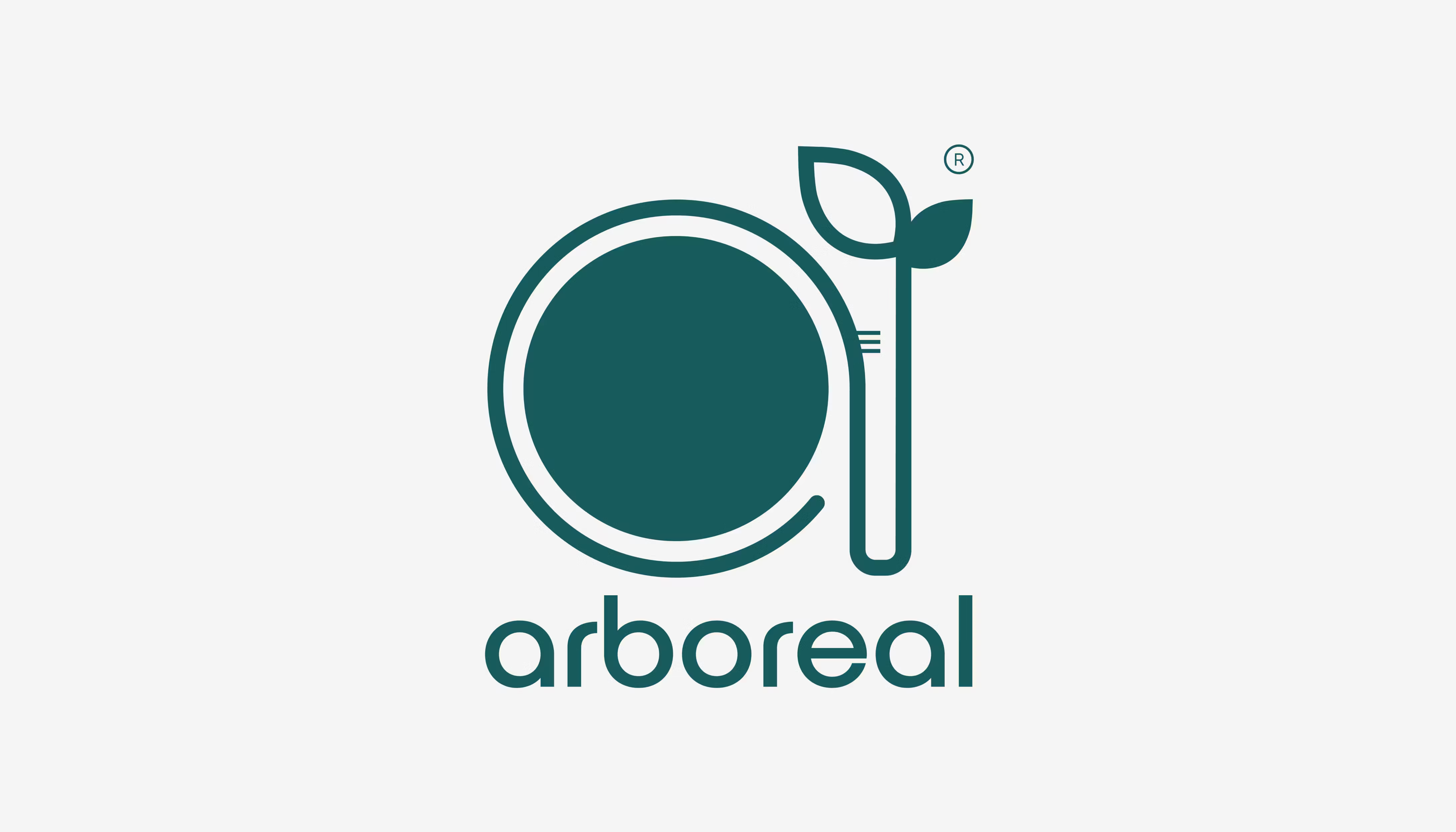CUSTOMER STORIES
Optimizing natural sweeteners with Arboreal Bioinnovations

Research into Stevia and how best to use it gives Arboreal a competitive advantage in the alternative sweeteners industry.
A few years ago, Arboreal Stevia—a plant-based natural sweetener company specializing in developing and manufacturing Stevia extracts—had essentially mastered the Stevia manufacturing process. They were ready to scale it but quickly discovered they needed customized formulation support.
Fortunately, Suresh Chander had recently made a career change and landed at Arboreal Stevia. He had moved from a career in biotechnology into his current role in food technology.
“I was continuously looking for New Age companies or companies that were creating functional ingredients,” Chander says. “And that’s how I stumbled upon Arboreal. I was one of the early members to join Arboreal because the first few years of Arboreal were all about farming and backward integration.”
So when Arboreal Stevia—which is a division of Arboreal Bioinnovations Pvt. Ltd.—was ready to scale its manufacturing process, Chander stepped in.
“It started in a small room and with small formulations,” Chander says. “And now we have two dedicated R&D centers. It’s been a big journey over the last four years.”
Educating Food Manufacturers about Stevia
While researchers have learned a lot about sugar substitutes in recent years, food companies have been slower to apply this research to the food industry.
“The sweetness space is a very gray area,” Chander says. “Not much knowledge is out there. … The field needs more knowledge about commercialization and how to make it affordable. And that’s where Arboreal comes into play. We have developed customized solutions for different matrices.”
As a Stevia manufacturing company, Arboreal Stevia is interested in educating food manufacturers and the public about the benefits of using Stevia to sweeten foods.
“Stevia is a high-intensity natural sweetener,” Chander says. “It is actually extracted from Stevia leaves, and comes from a plant known as stevia rebaudiana, which is native to South America. So Stevia is a completely zero-calorie, clean label and a very sustainable sweetener.”
However, Stevia is different from other sweeteners in significant ways.
“People often say, the more pure the ingredient, the better,” Chander says. “But to be frank, when it comes to Stevia, there is not much correlation between the purity of the extract and the taste performance in a particular recipe. Stevia extracts behave more like a flavor than a sweetener.”
Similarly, food scientists often mistake the connection between higher concentrations of Stevia and sweetness.
“Many people think that, like sugar, when you increase the concentration [of Stevia], the sweetness will increase linearly,” Chander says. “But when it comes to Stevia, beyond a certain point, the sweetness will not increase. You need to understand the threshold of the dosage and the metrics so you can optimize and customize those molecules accordingly.”
In a lineup of sugar substitutes, Stevia’s price tag might make it less appealing than its competitors. Because it is naturally derived and must be physically extracted from Stevia leaves, the cost of bringing Stevia to market makes it significantly more expensive. But depending on the formula, Stevia may be more cost-effective for food manufacturers than other sweeteners.
“If you buy on a KG basis, Stevia ranges between $50 up to $250 or $300,” Chander says. “But what happens is the concentration of Stevia in the final product is relatively less. You are going to use somewhere between 0.02 and 0.05 percent in many applications. So in many cases, Stevia can offer a cost reduction.”
Using Stevia in the Food Industry
Since its founding in 2015, Arboreal Bioinnovations has worked with companies to help them use Stevia effectively in their food products. More than 55 brands have used Arboreal Bioinnovations’ services to help them launch products with Stevia through a dedicated formulations program.
“Generally, two important queries come to us,” Chander says. “The first is for 100 percent sugar reduction. The next is to launch a low-calorie product—they want to reduce the amount of sugar in a product by maybe 25 to 50 percent. We get a range of products: protein powders, protein beverages, plant-based applications, chocolates, confectionery. We receive a very broad spectrum of requests across many applications.”
In some cases, Arboreal Bioinnovations can help food producers get their products on the market in a matter of weeks.
“[In one case], we requested a base of unsweetened samples as a kind of control product,” Chander says. “Sometimes companies will have a benchmark product or a level of sweetness they want to match. We generally dedicate two to three weeks to each project. In this case, we agreed on the timelines based on the other projects, and within about one and a half weeks, we were able to go back to the company with a very economical solution, and the product got launched within the next two months. That’s a good example of how our customized approach can benefit clients."
Advantages and Disadvantages of Using Stevia
Stevia is an excellent choice for many food manufacturers, but it is not for everyone.
“Any sugar reduction comes with a lot of formulation challenges,” Chander says. “It goes beyond sweetness. Sucrose actually adds a lot of functional properties to the foods and beverages like texture, mouth feel, and shelf life. So substituting these unique properties of sucrose has always been a challenging thing as a product developer. You have to possibly ask some hard questions when it comes to reformulation or developing a new product.”
Specifically, Chander suggests food manufacturers ask these five questions when determining whether Stevia is a good choice for them.
- What category does your food product belong to? What regulatory challenges are associated with this particular food product?
- What physical and sensory properties should the product have? What properties will we be replacing when substituting sugar?
- What percentage of calorie reduction are you expecting?
- What percentage of the food’s sucrose do you hope to replace?
- What core qualities do you hope the product will have, including color, texture, and appearance?
Measuring Moisture and Water Activity
In everything Chander and his colleagues do, water activity is essential.
“Often when people see a certificate of analysis, they think that moisture is a small part, but that’s not actually the case,” Chander says. “Water is a fundamental thing, and as food scientists or food technologists, when we better understand how water works, I think we better understand how the world works.”
To better understand how water activity is affecting their formulations, Chander and his team measure moisture using a two-step approach.
“We use a loss-on-drying method, and we’ve also adopted a titration method,” Chander says. “We also collaborate with third-party laboratories to validate all our results. In this way, our results are more robust when it comes to moisture management.”
In addition to helping clients develop new food products using Stevia, Chander is excited about the significant discoveries and applications happening in the food industry.
“These things are very, very relevant,” Chander says. “Sugar exhibits different properties at different moisture levels and temperatures. There isn’t much research out there to help people understand moisture versus sweetness, particularly in the final product. … This is still a gray area. I hope these kinds of discussions will prompt researchers and product developers to think in that line and give this topic a spotlight."
Newsletter signup
Case studies, webinars, and articles you'll love.
Receive the latest content on a regular basis!
